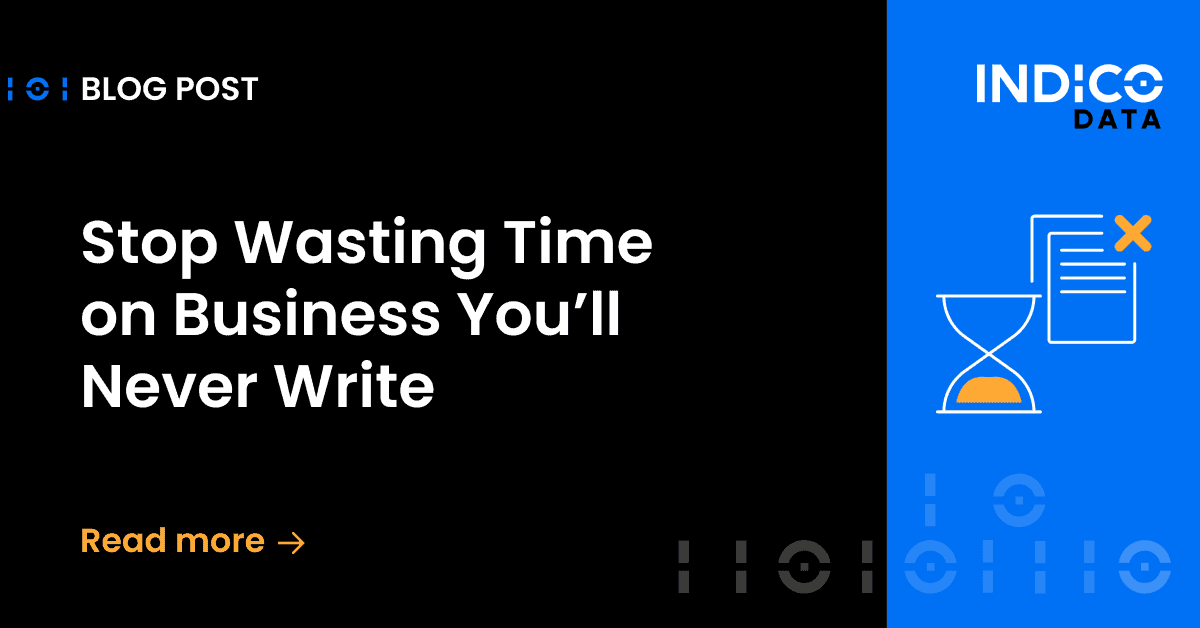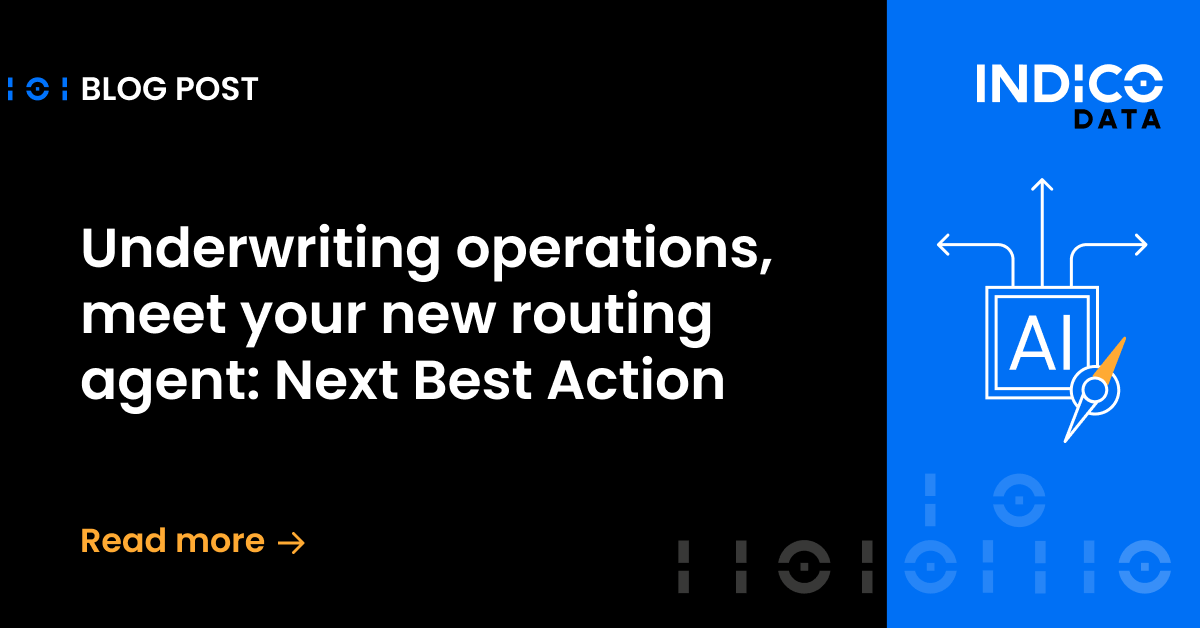All enterprises are interested in automating numerous processes as part of their digital transformation efforts. But they often settle for less than an actual “transformation” when it comes to processes that involve unstructured content and data.
Technologies such as robotic process automation (RPA) are good at automating repetitive tasks that involve highly structured data sources and documents. Need to pull some data from a spreadsheet and put it into an ERP system? RPA can help you there. You’ll certainly save some data entry clerks some time, but ask yourself, does that amount to digital transformation?
On the other hand, if you have an intelligent data processing tool that can automate processes involving unstructured content and data – things like contracts, invoices, lease agreements, insurance claims – now you’re getting somewhere.
Let’s go through a few examples that demonstrate how intelligent automation tools are crucial to digital transformation.
Read the blog: Johnson Controls Unlocks its Unstructured Data with Intelligent Document Processing
Intelligent automation for banking
If you visit a website for almost any major bank or financial organization, you’ll be greeted by a “virtual assistant”. This chatbot will try to help you find information you’re looking for. This form of artificial intelligence saves the bank’s call center resources time from fielding questions from customers or prospective customers.
While that’s all well and good, it’s not transforming the business. Yes, it saves money and means the bank likely needs fewer customer service representatives, but it’s hardly game-changing technology.
Now consider the many hours that highly skilled legal analysts at banks must spend pouring over contracts, ensuring specific terms and legal requirements are met, and complying with various corporate policies and industry regulations, similar to the LIBOR transition. A good, properly trained intelligent document processing solution relieves them of manual review.. The tool could “read” those documents much like a human would, pull out specific terms, flag those that may be troublesome, and generally save the analyst many hours per contract. Now you’re talking about expanding the capacity of highly paid professionals, who can now dedicate more of their time to other, more strategic projects. That’s transformative.
Related content: Unstructured data analytics: RPA fails & intelligent automation succeeds
Intelligent data processing for insurance
For years, the insurance industry has been using RPA, optical character recognition, and templates to automate simple processes involving structured data. But they would hit a wall when it came to automating processes involving unstructured content.
In a Q&A with Sean Nicolello, VP of Strategy and Planning for MetLife, explains some of their common challenges:
“One was, I have these contracts and I just want to find out ‘if x then y’ but I have to go through every word to figure it out. Or, two, I have all these invoices and we have to manually review them because they’re different every time. Three, I have an email inbox with a small army of people that read hundreds of emails a day just so they can move the email to the right team to take action.”
MetLife is now using the Unstructured Data Platform to automate all these processes. What’s more, it can now unlock insights from documents that go back more than 100 years.
“We’d like to be able to use that data to help us better predict mortality and morbidity,” Nicolello said. “A small adjustment to our actuarial models can result in billions of dollars of savings and revenue generation over the next 5 to 15 years.”
MetLife is realizing significant savings by automating processes involving unstructured data. “We have found about $90M in value through hours saved that we can unlock in the next five years for our businesses by using intelligent process automation on unstructured data,” Nicolello remarked.
Automating commercial real estate rent rolls
Commercial real estate is another industry that’s heavily document-dependent. From lease agreements to contracts, most of the documents are also unstructured, putting them out of reach for RPA and OCR-based approaches to automation.
One good example is the rent roll. Rent rolls contain all kinds of primary data on properties, including the address, square footage, lot size and amenities, data on the tenant, monthly rent, due dates, payment history, and more. In short, the rent roll paints a picture of a given property, including how much it’s worth to the owner.
While examining a single rent roll is valuable, imagine if you could automate rent roll processing to pull data from hundreds of rent rolls and feed it to a data analysis engine to compare properties to one another. Now you can find properties where a rent increase is warranted, properties that are undervalued and worth investing in, and red flags that indicate attention is warranted.
That’s precisely the kind of unstructured data analysis capability that intelligent automation tools can provide for commercial real estate companies.
Achieve digital transformation with
RPA, OCR templates. and chatbots all have a place in the automation journey. But they are just a starting point; specifically a possible point solution. To achieve truly transformative results, you need to automate entire processes that involve unstructured documents and convert them into digitized, usable data.
That’s the problem that we set out to address. With the IPA platform, your business process experts – not data scientists – can build ingestion models that work with high accuracy. You’ll dramatically increase the capacity of your business experts, enabling them to spend more time on strategic endeavors that further your digital transformation efforts.


